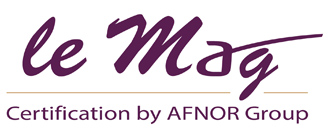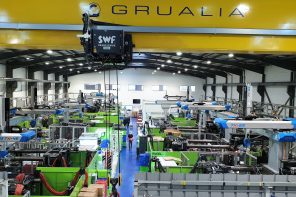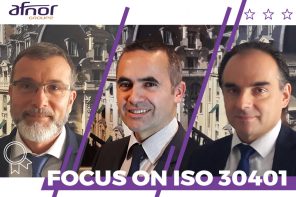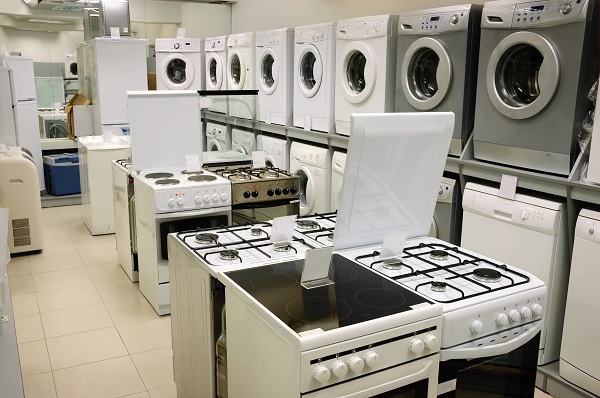
©DR/Brandt
China, Malaysia, Australia… The Brandt Group, formerly Fagor Brandt, has stepped up its export activity. And the key to its success is certification! Explanations with Alain Koutchanou, Quality System and Environment Manager.
Why did you decide to embark on a certification approach?

Alain Koutchanou, Quality System and Environment Manager – Brandt. ©DR
The Brandt Group, previously Fagor Brandt, saw the light of day in 2014. Historically, we were already certified since Fagor Brandt Group obtained its ISO 9001 and ISO 14001 certifications in 1994 and 2006 respectively. In 2013 however, these certifications were suspended following the divestment of the Fagor Brandt business. Without having to start over from scratch, we still had to re-activate these esteemed, door-opening certifications. In a little over four years, after the AFNOR Certification audit, the Brandt Group’s two French production sites located in Orléans and Vendôme have both obtained ISO 9001 and ISO 14001 certification.
How do these certifications help with your exports?
Today’s customers and suppliers increasingly seek elements of proof regarding the quality of our internal procedures and manufacturing processes. An ISO 9001 and/or ISO 14001 certificate is often decisive for international trade. For example, in Asia, our future customers want to know more about our products made in France. How do we actually manufacture our hobs and our washing machines? What processes do we apply? Our ISO 9001 and 14001 certificates issued by AFNOR Certification, and which carry the IQNET (International Certification Network) seal, serve to reassure our customers and answer their questions. Without this quality “seal”, developing our activities worldwide would be very difficult. In this respect, certification is most definitely a passport for export.
What are the benefits of the certification process?
For the company, it helps to improve performance, increase competitiveness and rally our teams. For the customer, certification represents a guarantee of quality and rigour, and attests to the use of recognized international voluntary standards. It opens the door to new international markets.
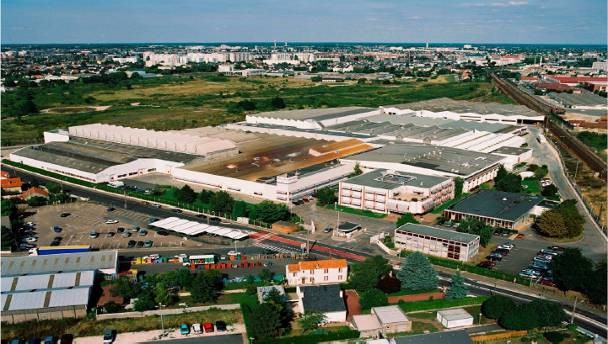
Brandt France plant in Orleans. ©DR/Brandt
Does it involve a considerable amount of investment?
Yes, it takes time and must be followed up. The certification process involves a lot from teams, whether it be senior management, the Quality Safety Environment department, or individual employees. Thanks to everyone’s commitment, we have successfully obtained our threefold ISO 9001, ISO 14001 and “Origine France Garantie” (French Origin Guaranteed) accreditation. In fact, some of the former Fagor Brandt Group’s suppliers were amazed by our teams’ responsiveness and cooperation. As a result, they promptly signed up with the Brandt Group. To be sure, it’s an investment, but it’s well worth it!
How do you assess your efforts today?
There’s no doubt that our certification strategy has allowed the Brandt Group to export its products and develop its international activity. As a result, we recently opened new sites in Malaysia, Australia and Singapore. Today, the Brandt Group has six subsidiaries in China, Malaysia, Singapore, Spain, Morocco, and Algeria. And this is partly thanks to certification!
7% increase in revenue from export
Did you know? On average, certified companies increase their revenue from export by 7%. This was the finding of a French study by the Paris-Dauphine Foundation, entitled “Normes de qualité et performance à l’export : quelles relations ?” (“Quality standards and export performance: what relationships?” published in September 2017.
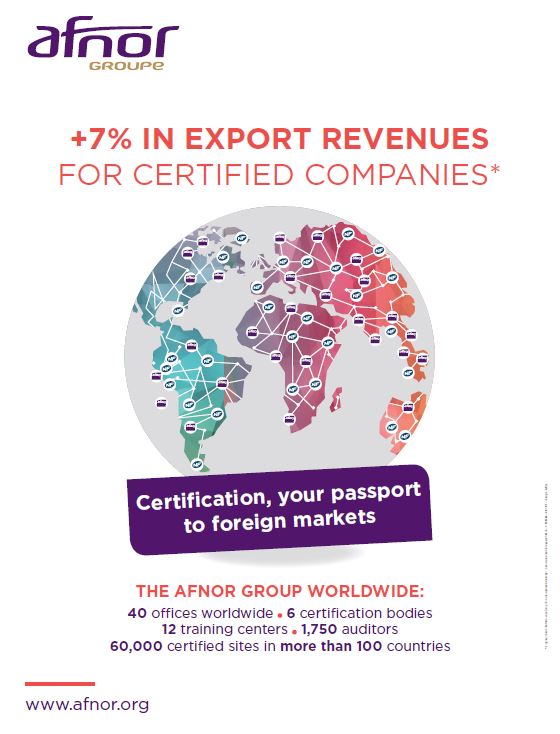
Find out more about ISO 9001 certification…
Find out more about ISO 14001 certification…
Video: “Certification, your passport for export” (in french)…
